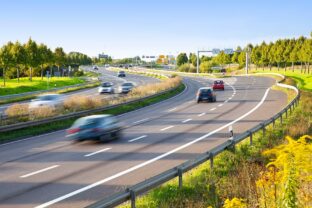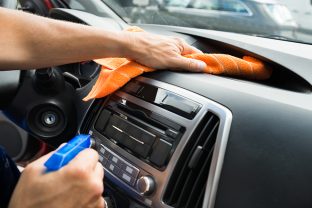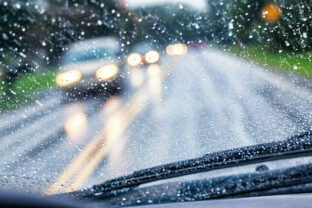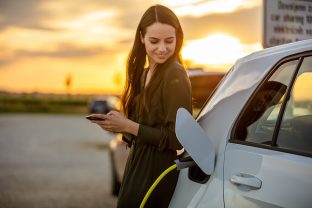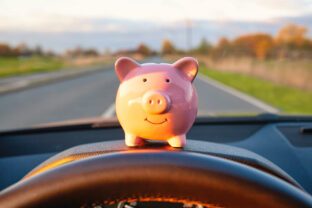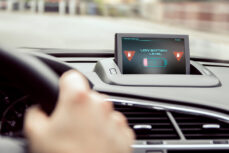Focus on eco-friendly driving
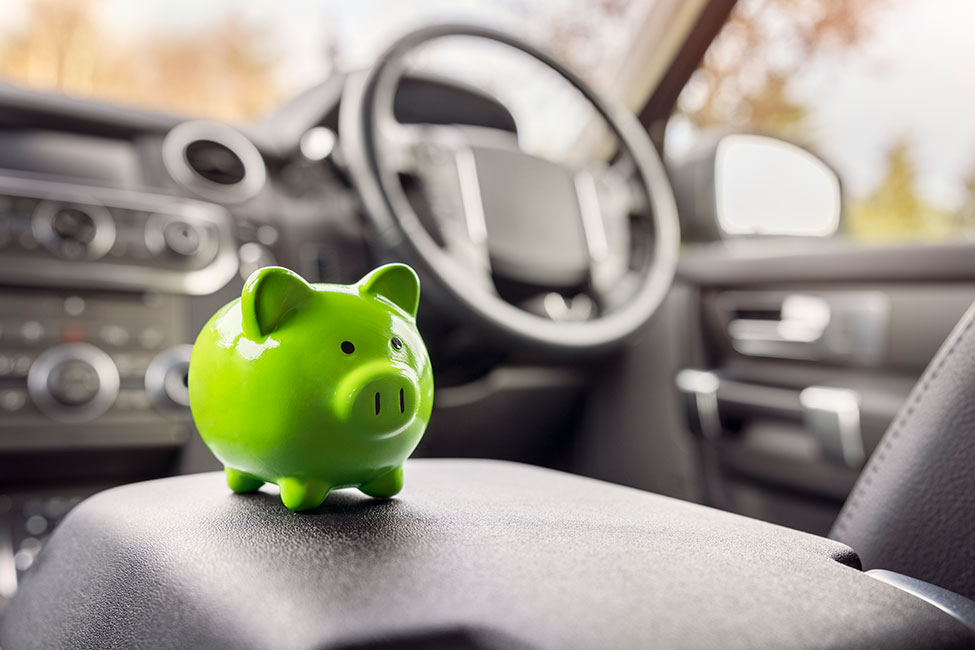
1: Look after your car
Regular maintenance is the key to fuel efficiency ! Check your tyre pressure first of all : driving on under-inflated tyres can increase your fuel consumption by 5%. You should also visit your local inflation station every month to check that your tyres are at the pressure recommended by the manufacturer.
Oil levels also influence petrol and diesel consumption. If you change your oil too rarely, the engine lubricant does not perform its protective and cooling role properly. So it’s important to always check your oil levels to avoid unpleasant situations !
Having your vehicle regularly serviced by a professional also helps to keep it fuel-efficient. Parts, such as spark plugs and filters (oil and air), need to be changed regularly to prevent a drop in performance.
2: Flexibility first and foremost
Quiet starts and smooth driving are the ideal ingredients of eco-driving. When manoeuvring and driving at a low speed, it is advisable not to use the accelerator and simply to use the clutch to move the car. As for braking, anticipating a stop by using the engine brake rather than depressing the brake pedal offers better performance than jerking. This minimises the need for additional fuel in the event of a restart.
On vehicles with manual gearboxes, a simple way of saving fuel is to use the gearbox. Eco-responsible driving means changing up a gear when the rev counter reaches 2,500 rpm for petrol cars and before 2,000 rpm for diesel cars. On roads with a 30 mph speed limit and no junctions, shifting into fourth gear at this maximum speed helps to reduce fuel consumption. On roads outside built-up areas, shifting into fifth gear at 40 mph is based on the same idea of saving fuel through a judicious choice of gear. With this technique, a motorist will gain a few miles on a full tank of fuel, compared with over-revving the engine, which is a real waste of fuel.
The maximum authorised speed on motorways and expressways can demand a fairly high level of power from an engine over many miles, leading to an increase in fuel consumption. Driving 5 mph below the speed limit saves around a gallon of fuel every 300 miles. So ease off the accelerator to save money !
3: A few tips for eco-friendly driving in town
A car consumes more fuel in its lower gears, up to third, as well as in its first few miles when starting with a cold engine. So when you leave a residential area, it’s best to drive very gently during the first few miles while waiting for the engine to warm up, without applying too much pressure to the accelerator for at least two miles. As many journeys of this distance take place in towns, it may be worth remaining in this mode at all times to avoid over-consumption while maintaining a smooth driving style.
In urban areas, the number of frequent stops you have to make can quickly add up : switch off the engine if you stop for more than 10 seconds to avoid fuel consumption at idling speed if your vehicle does not have a stop-start function.
4: Eco-friendly driving means constant attention to detail
On long journeys, weight and aerodynamics play a part in fuel economy. By avoiding overloading and using streamlined roof boxes (and dismantling them between uses), you can achieve a 10-15% reduction in fuel consumption per full tank of gas.
Even though it is very practical in hot weather, air conditioning is a well-known over-consumption factor that you will recognise if you’re a well-informed motorist. If you use it sparingly, you can avoid consuming 25% more fuel in town and 10% more outside built-up areas. This results in a significant saving, especially during the summer holidays, when driving long distances can add to fuel bills !
If you’re planning a long journey, be sure to plan it on ViaMichelin, which will offer you the best balance between journey time and fuel consumption.
Over-consumption damages the planet and our finances. All drivers can significantly reduce their consumption by taking a few simple steps with a little flexibility and maintenance. What more could you ask for ?



